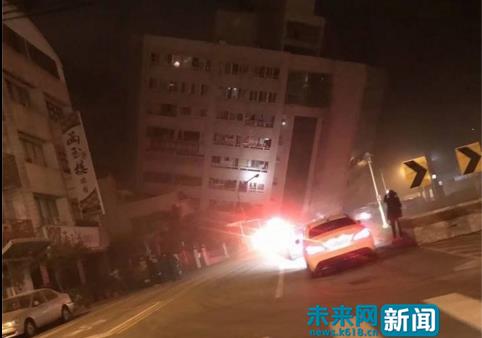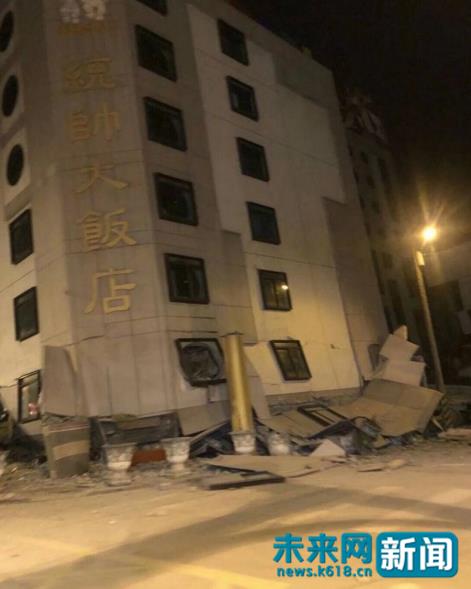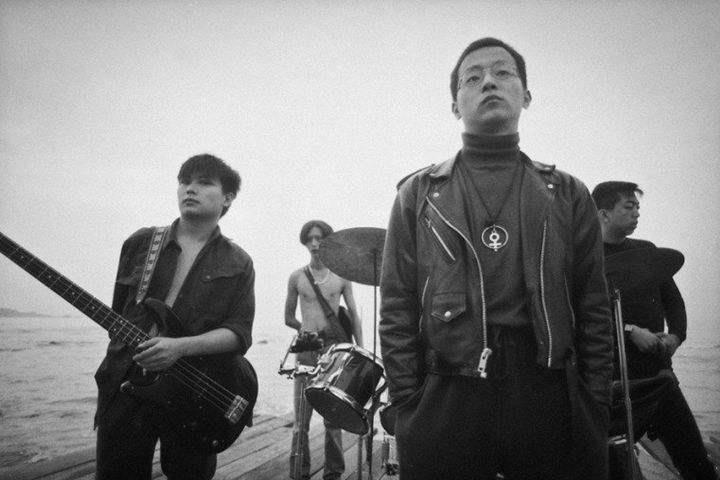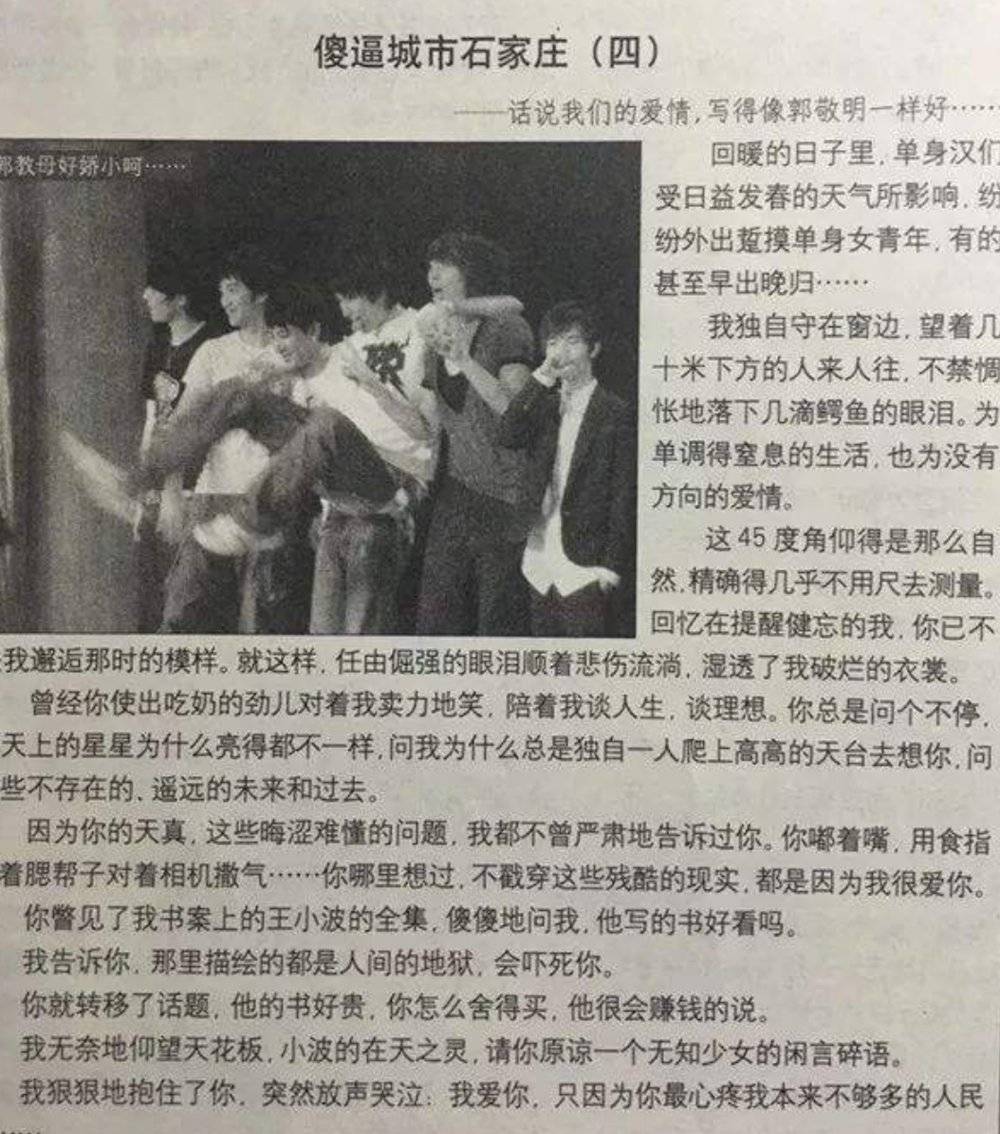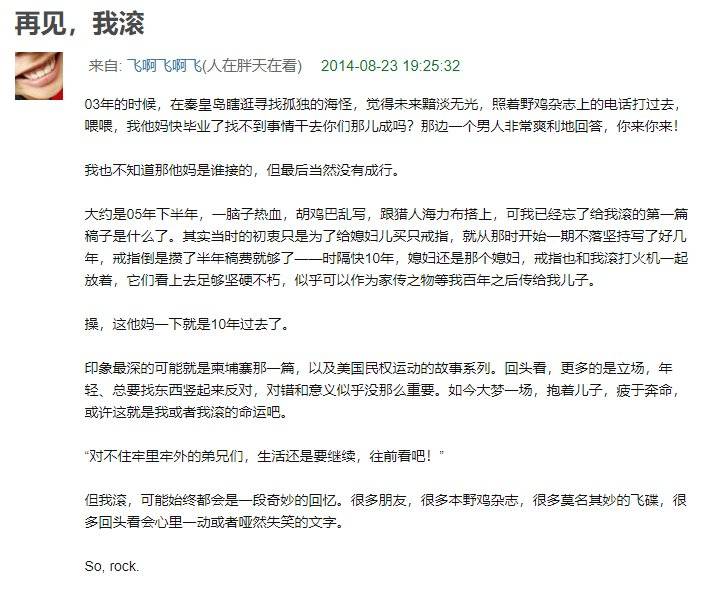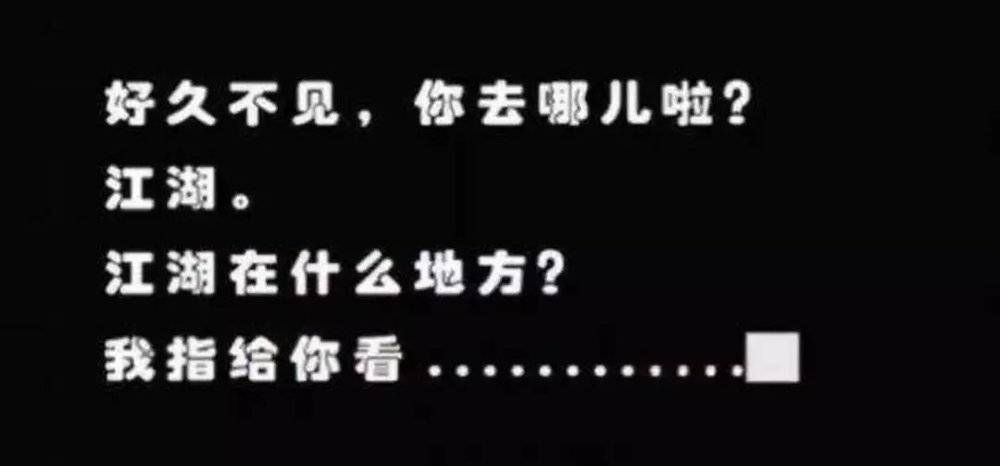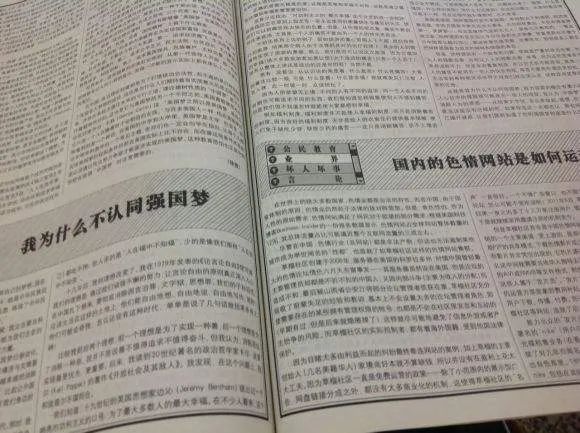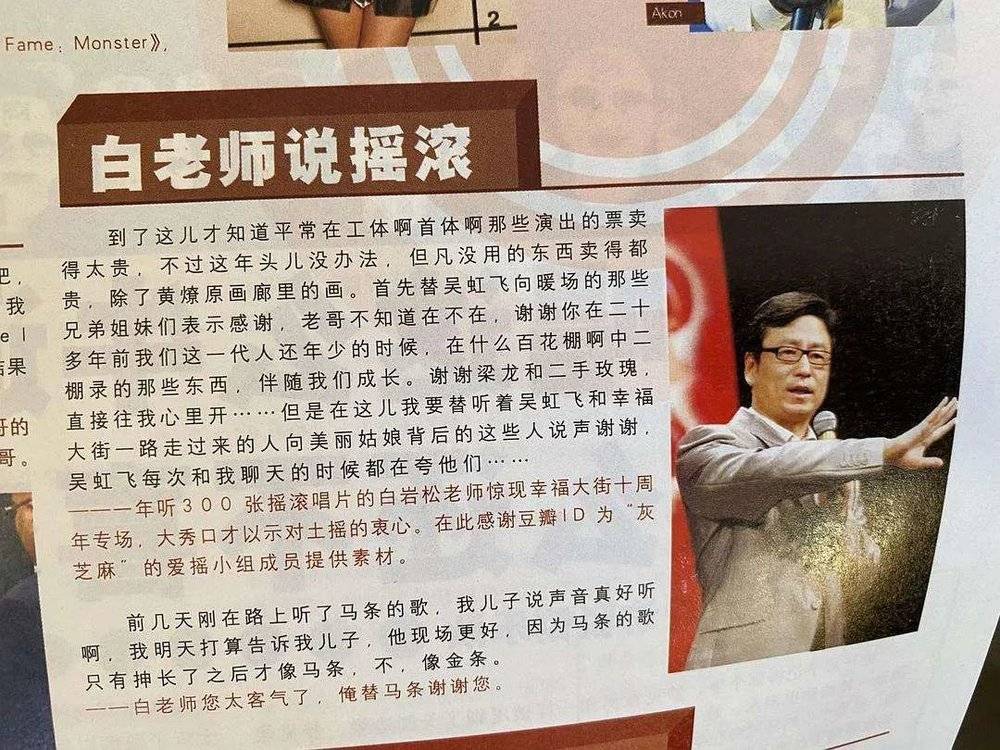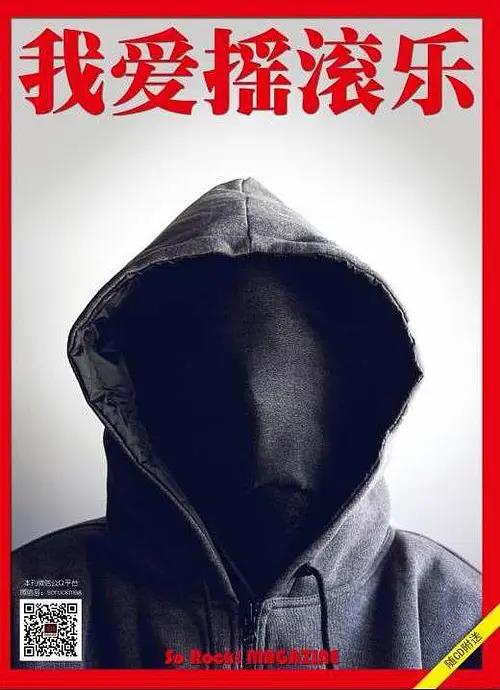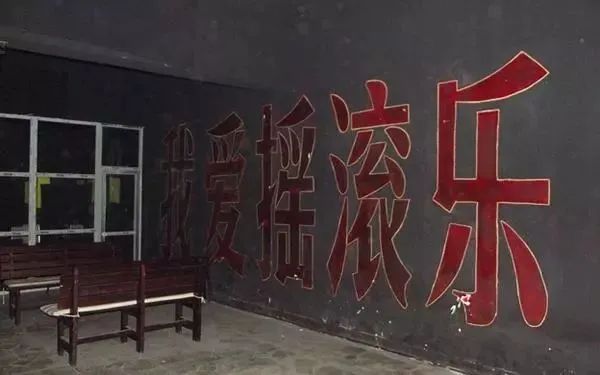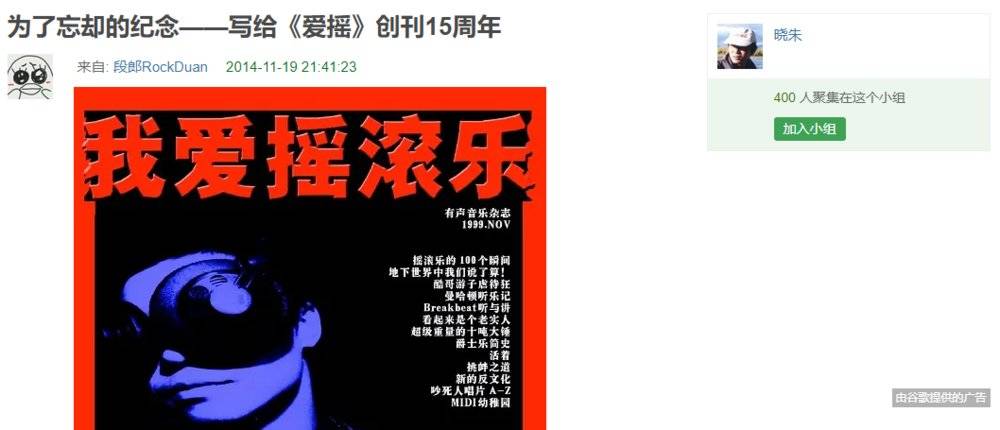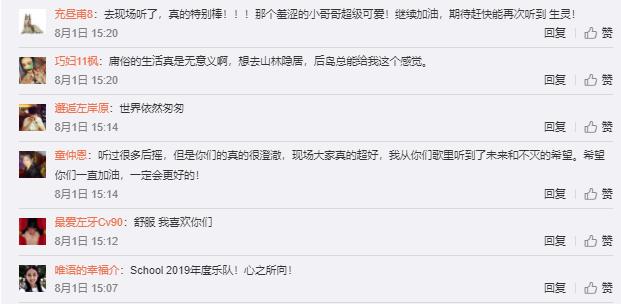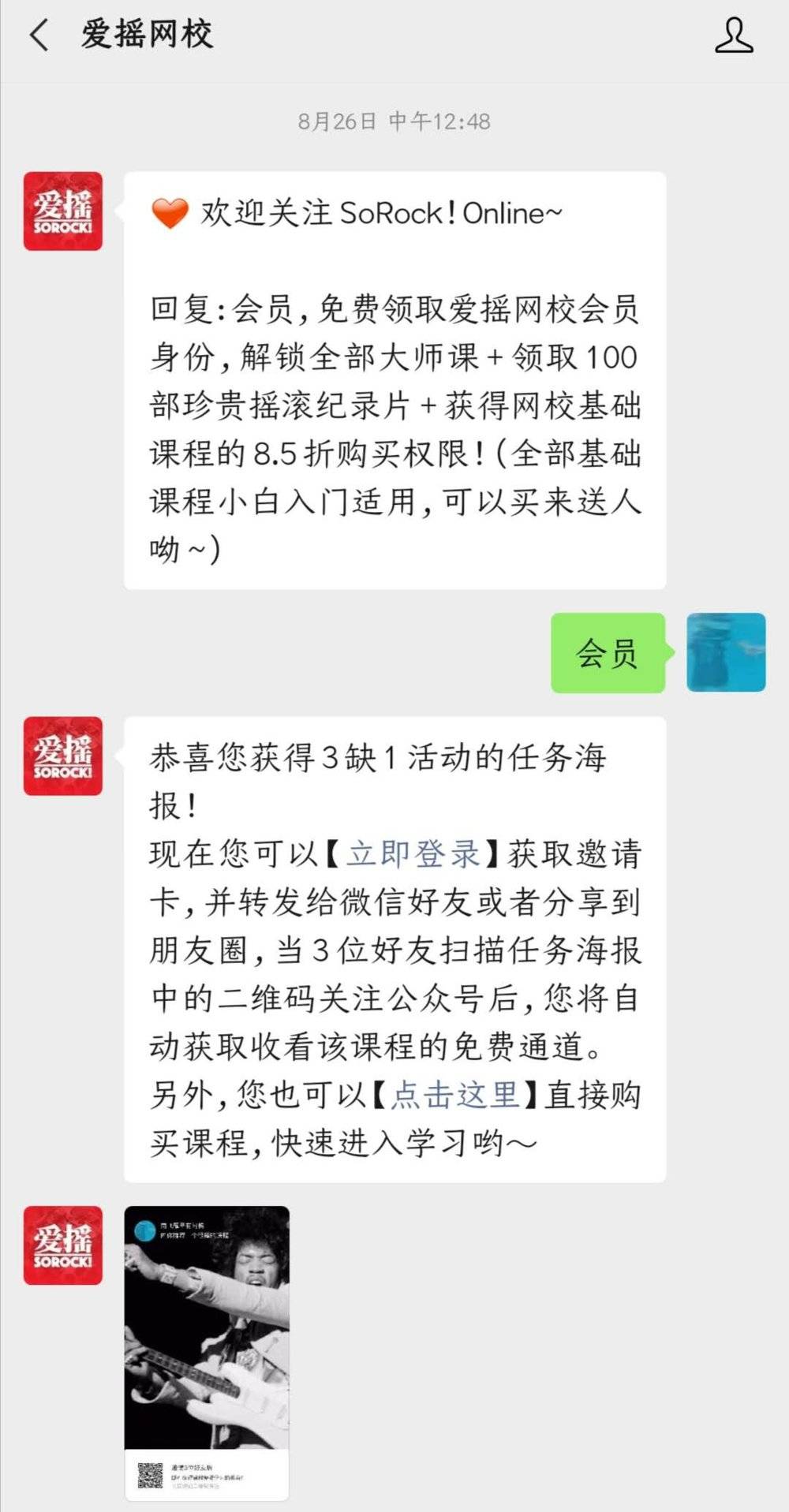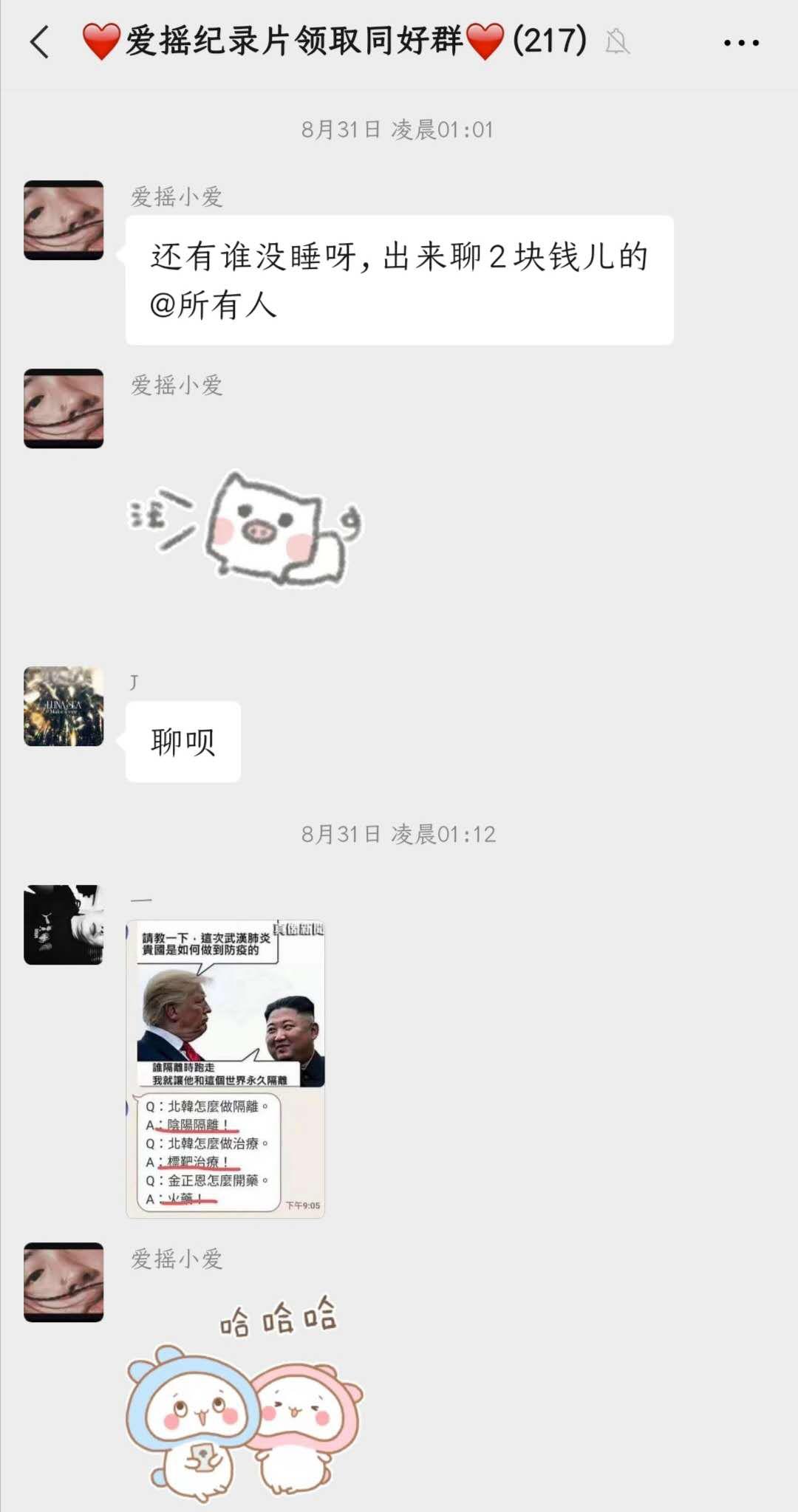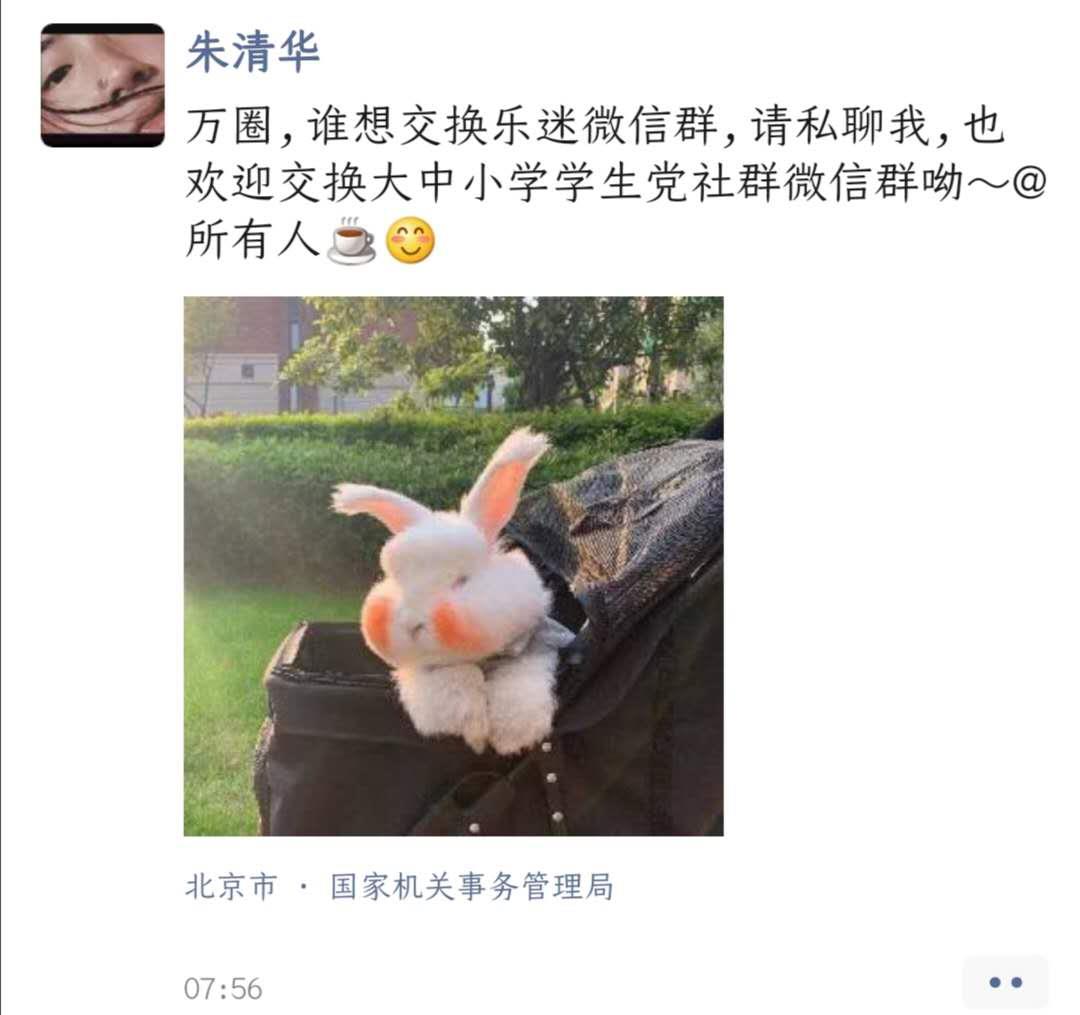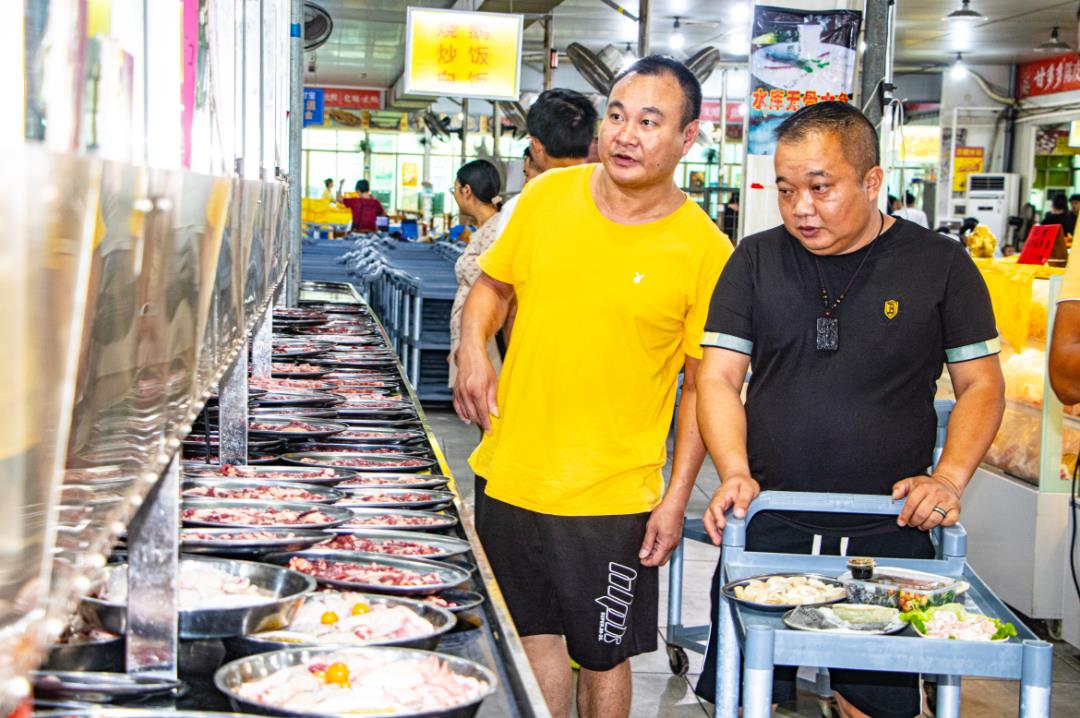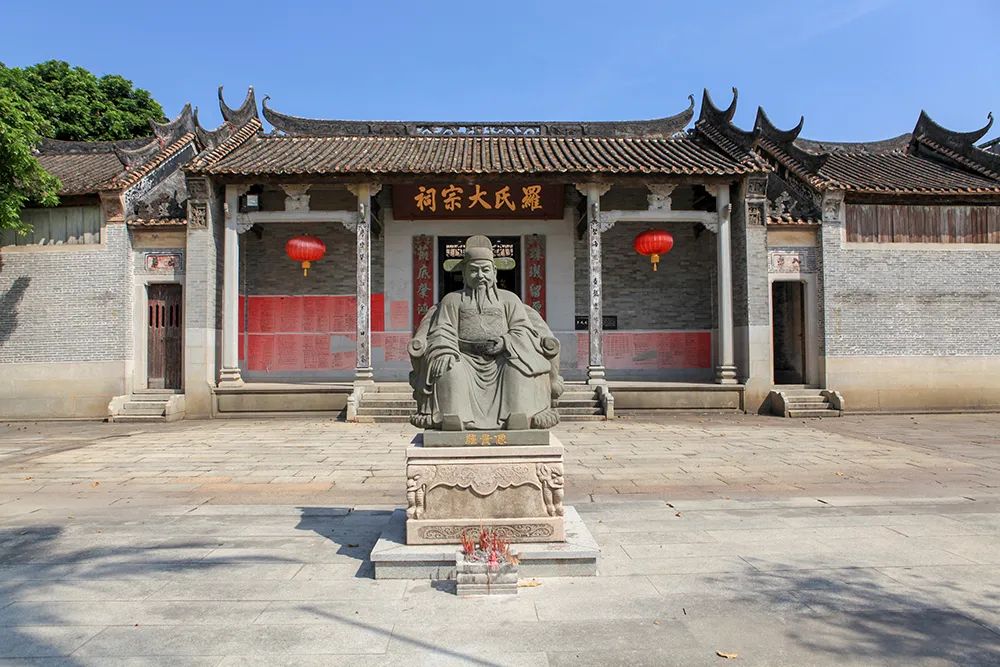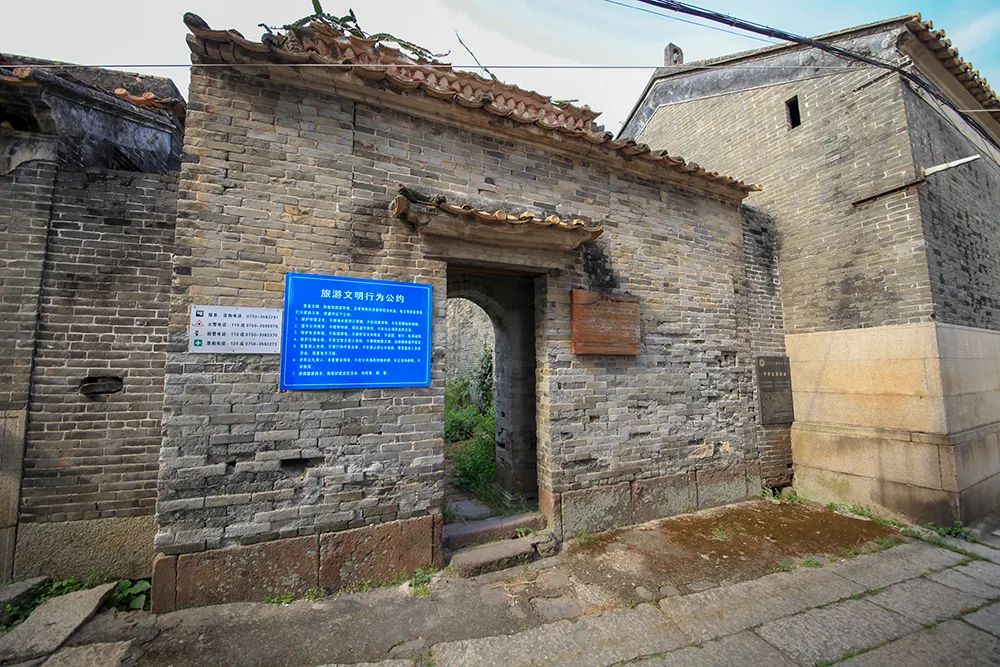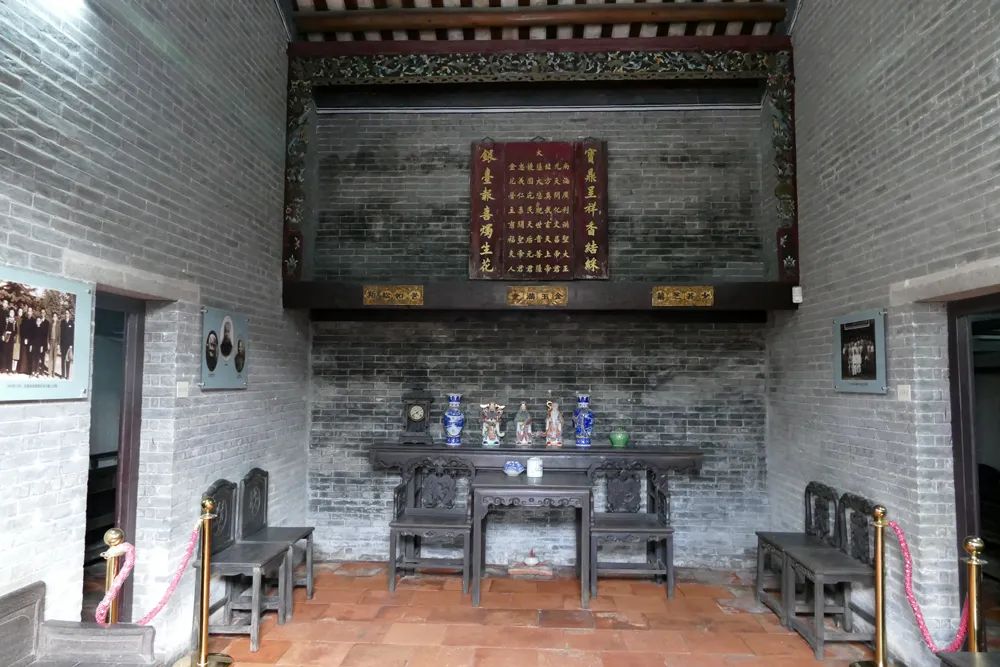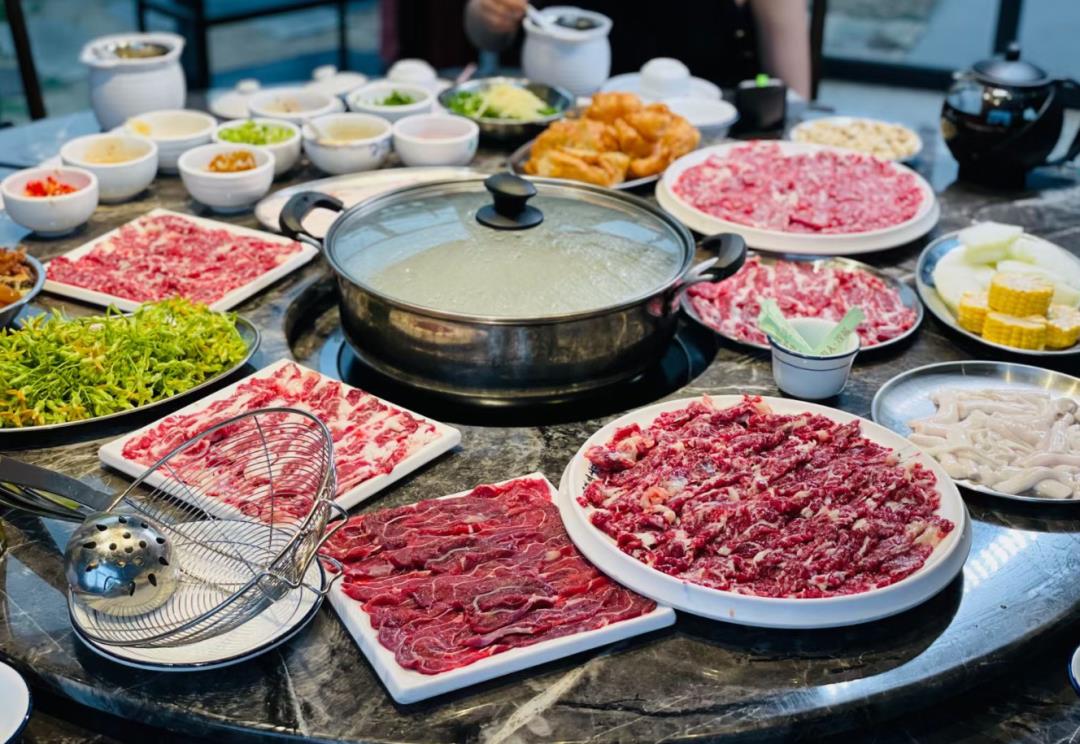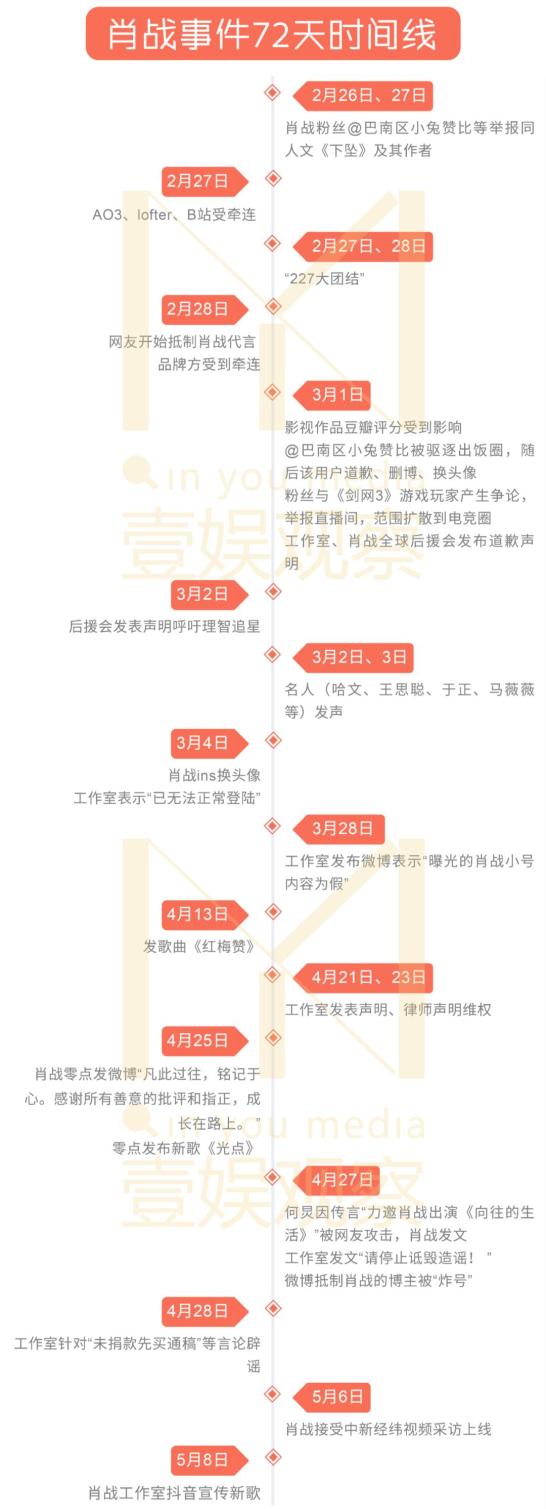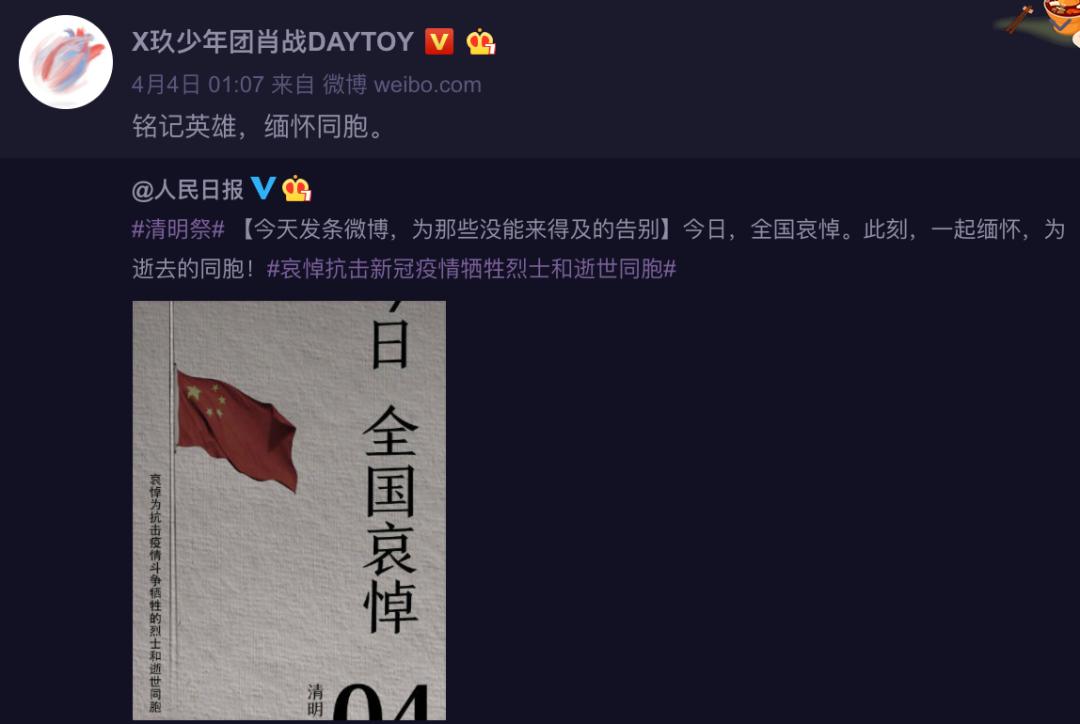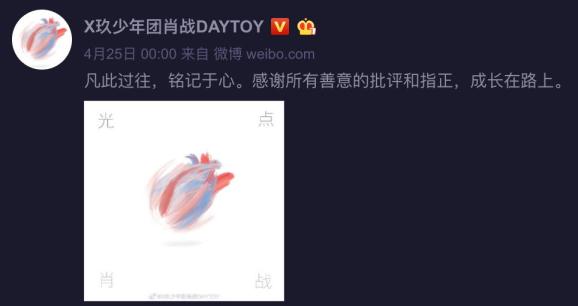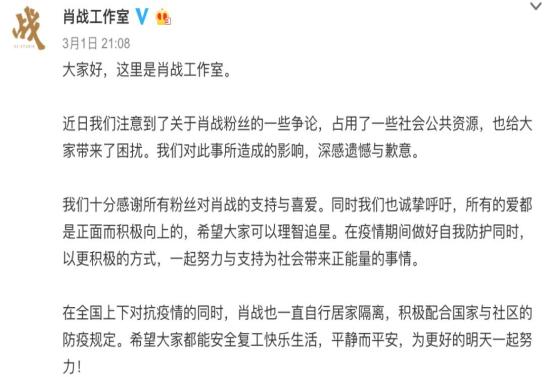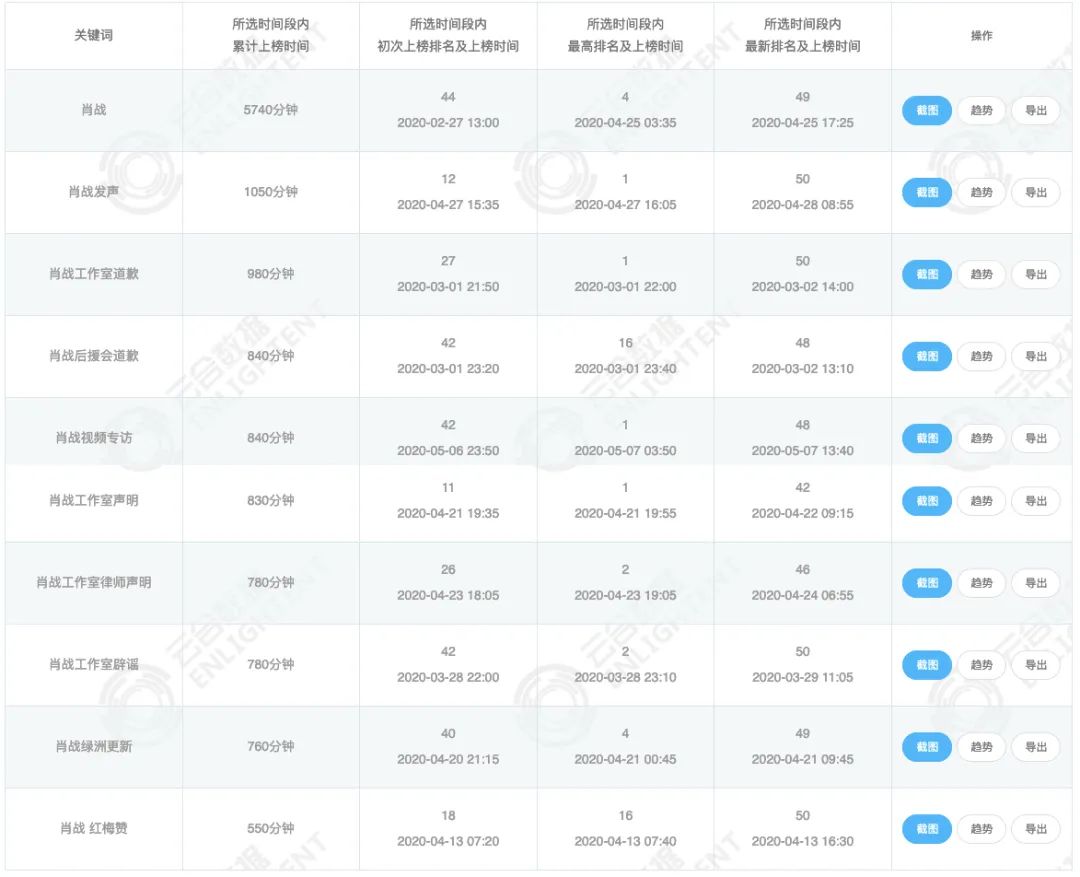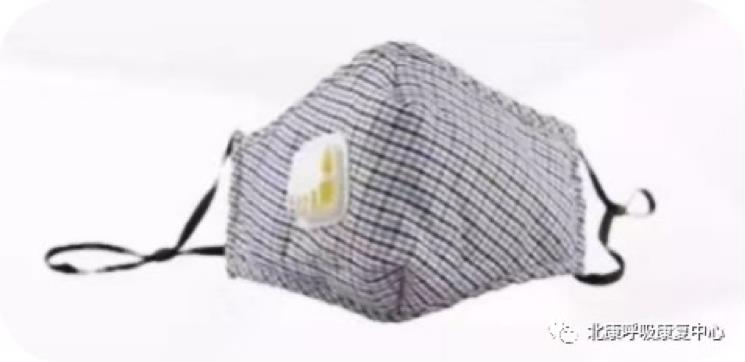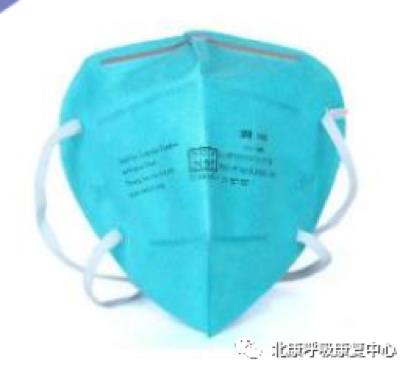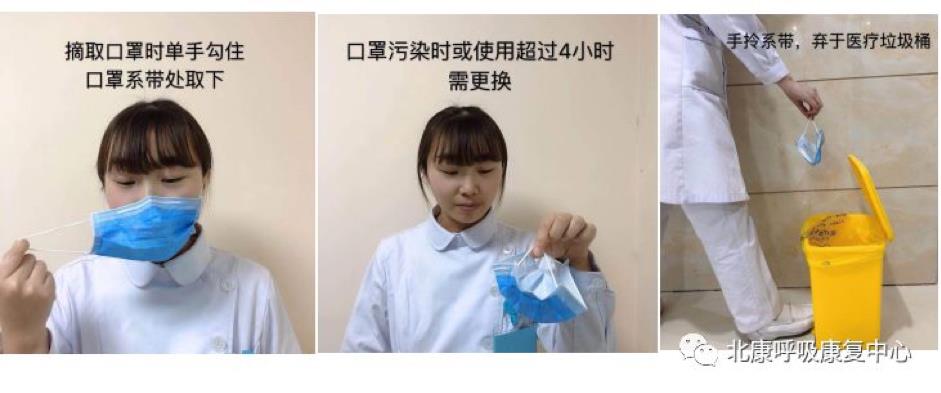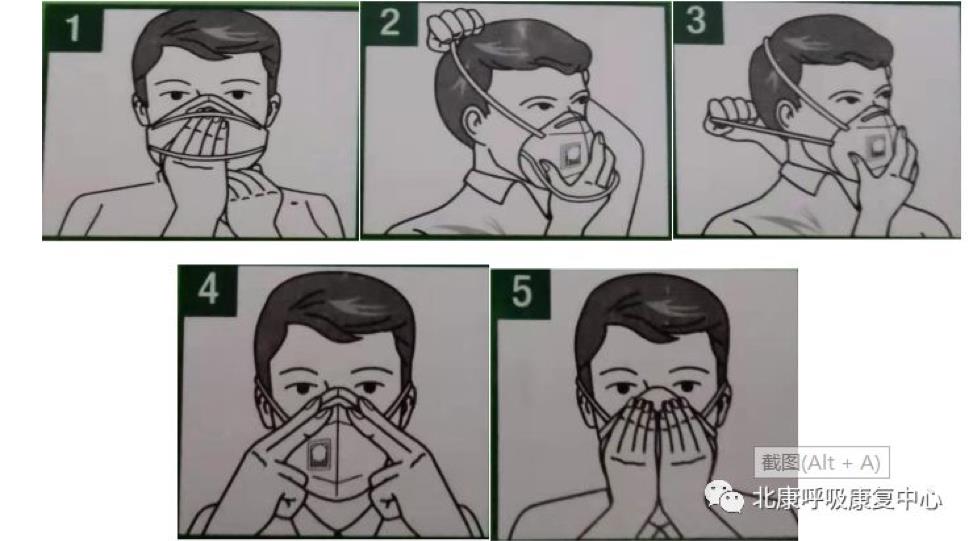law of the people’s republic of china on the prevention and treatment of infections diseases
(Adopted at the Sixth Session of the Seventh the NPC Standing Committee on February 21, 1989, revised at the 11th Session of the Tenth the NPC Standing Committee on August 28, 2004, and revised according to the Decision on Amending the Law of People’s Republic of China (PRC) on the Protection of Cultural Relics and Other Twelve Laws of the Third Session of the Twelfth the NPC Standing Committee on June 29, 2013).
catalogue
Chapter I General Provisions
Chapter II Prevention of Infectious Diseases
Chapter III Report, Notification and Publication of Epidemic Situation
Chapter IV Epidemic Control
Chapter V Medical Treatment
Chapter VI Supervision and Administration
Chapter VII Safeguard Measures
Chapter VIII Legal Liability
Chapter IX Supplementary Provisions
Chapter I General Provisions
Article 1 This Law is formulated for the purpose of preventing, controlling and eliminating the occurrence and prevalence of infectious diseases and safeguarding human health and public health.
Article 2 The State implements the policy of putting prevention first in the prevention and control of infectious diseases, combining prevention and control, managing by classification, relying on science and relying on the masses.
Article 3 Infectious diseases stipulated in this Law are classified into Class A, Class B and Class C..
Class A infectious diseases refer to plague and cholera.
Class B infectious diseases refer to: infectious atypical pneumonia, AIDS, viral hepatitis, polio, human infection with highly pathogenic avian influenza, measles, epidemic hemorrhagic fever, rabies, epidemic encephalitis B, dengue fever, anthrax, bacterial and amebic dysentery, tuberculosis, typhoid fever and paratyphoid fever, epidemic cerebrospinal meningitis, whooping cough, diphtheria, neonatal tetanus, scarlet fever, brucellosis, gonorrhea and syphilis.
Class C infectious diseases refer to influenza, mumps, rubella, acute hemorrhagic conjunctivitis, leprosy, epidemic and endemic typhus, kala-azar, echinococcosis, filariasis, infectious diarrhea except cholera, bacterial and amebic dysentery, typhoid fever and paratyphoid fever.
According to the outbreak, epidemic situation and degree of harm of infectious diseases, the health administrative department of the State Council can decide to increase, decrease or adjust the diseases of Class B and Class C infectious diseases and publish them.
Article 4 For infectious atypical pneumonia in Class B infectious diseases, pulmonary anthrax in anthrax and human infection with highly pathogenic avian influenza, preventive and control measures for Class A infectious diseases as mentioned in this Law shall be adopted. Other Class B infectious diseases and infectious diseases with sudden unknown causes need to take measures for prevention and control of Class A infectious diseases as mentioned in this Law, and the administrative department of health of the State Council shall promptly report to the State Council for approval before promulgation and implementation.
Need to lift the prevention and control measures of Class A infectious diseases taken in accordance with the provisions of the preceding paragraph, shall be announced by the health administrative department of the State Council after being approved by the State Council.
The people’s governments of provinces, autonomous regions and municipalities directly under the Central Government may, according to the circumstances, decide to manage other endemic infectious diseases that are common and frequent within their respective administrative areas according to Class B or Class C infectious diseases and publish them, and report them to the health administrative department of the State Council for the record.
Article 5 People’s governments at all levels shall lead the prevention and control of infectious diseases.
The people’s governments at or above the county level shall formulate plans for the prevention and control of infectious diseases and organize their implementation, and establish and improve the disease prevention and control, medical treatment, supervision and management systems for the prevention and control of infectious diseases.
Article 6 The health administrative department of the State Council shall be in charge of the prevention and control of infectious diseases and its supervision and management. The health administrative departments of local people’s governments at or above the county level shall be responsible for the prevention and control of infectious diseases and their supervision and management within their respective administrative areas.
Other departments of the people’s governments at or above the county level shall be responsible for the prevention and control of infectious diseases within their respective functions and duties.
The prevention and control of infectious diseases in the armed forces shall be handled in accordance with this Law and the relevant provisions of the state, and shall be supervised and managed by the competent health department of the China People’s Liberation Army.
Seventh disease prevention and control institutions at all levels shall undertake the monitoring, prediction, epidemiological investigation, epidemic situation report and other prevention and control work of infectious diseases.
Medical institutions undertake the prevention and treatment of infectious diseases related to medical treatment and the prevention of infectious diseases in the responsible areas. Under the guidance of disease prevention and control institutions, urban communities and rural grassroots medical institutions shall undertake the corresponding prevention and control of infectious diseases in urban communities and rural grassroots.
Article 8 The state develops modern medicine and traditional Chinese medicine, supports and encourages scientific research on the prevention and treatment of infectious diseases, and improves the scientific and technological level of the prevention and treatment of infectious diseases.
The state supports and encourages international cooperation in the prevention and treatment of infectious diseases.
Article 9 The State supports and encourages units and individuals to participate in the prevention and control of infectious diseases. People’s governments at all levels should improve the relevant systems to facilitate units and individuals to participate in publicity and education, epidemic report, voluntary service and donation activities for the prevention and treatment of infectious diseases.
Residents’ committees and villagers’ committees shall organize residents and villagers to participate in the prevention and control of infectious diseases in communities and rural areas.
Article 10 The State shall carry out health education on the prevention of infectious diseases. The news media should carry out public welfare propaganda for the prevention and treatment of infectious diseases and public health education free of charge.
Schools at all levels and types should educate students about health knowledge and prevention of infectious diseases.
Medical colleges and universities should strengthen preventive medicine education and scientific research, provide preventive medicine education and training for students and other personnel related to the prevention and control of infectious diseases, and provide technical support for the prevention and control of infectious diseases.
Disease prevention and control institutions and medical institutions shall regularly train their staff in the knowledge and skills of infectious disease prevention and control.
Eleventh units and individuals that have made remarkable achievements and contributions in the prevention and control of infectious diseases shall be commended and rewarded.
In accordance with the relevant provisions, subsidies and pensions will be given to those who are sick, disabled or killed because of their participation in the prevention and control of infectious diseases.
Article 12 All units and individuals within the territory of People’s Republic of China (PRC) must accept preventive and control measures such as investigation, inspection, sample collection and isolation treatment of infectious diseases by disease prevention and control institutions and medical institutions, and truthfully provide relevant information. Disease prevention and control institutions and medical institutions shall not disclose relevant information and materials involving personal privacy.
Where the administrative department of health and other relevant departments, disease prevention and control institutions and medical institutions violate the legitimate rights and interests of units and individuals by illegally implementing administrative management or preventive and control measures, the relevant units and individuals may apply for administrative reconsideration or bring a lawsuit according to law.
Chapter II Prevention of Infectious Diseases
Article 13 People’s governments at all levels shall organize mass health activities, carry out health education on the prevention of infectious diseases, advocate civilized and healthy lifestyles, improve public awareness of the prevention and treatment of infectious diseases and their ability to cope with them, strengthen environmental sanitation construction, and eliminate the harm of rodents and vectors such as mosquitoes and flies.
The administrative departments of agriculture, water conservancy and forestry of the people’s governments at all levels shall be responsible for guiding and organizing the elimination of rodent and schistosomiasis hazards in farmland, lakes, rivers, pastures and forest areas, as well as the hazards of other animals and vectors that spread infectious diseases.
The administrative departments of railways, transportation and civil aviation shall be responsible for organizing the elimination of rodents, mosquitoes, flies and other vectors in transportation and related places.
Article 14 Local people’s governments at all levels shall build and transform public health facilities in a planned way, improve the sanitary conditions of drinking water, and conduct harmless disposal of sewage, dirt and feces.
Article 15 The state practices a planned vaccination system. The health administrative departments of the State Council and the people’s governments of provinces, autonomous regions and municipalities directly under the Central Government shall, according to the needs of prevention and control of infectious diseases, formulate plans for vaccination against infectious diseases and organize their implementation. Vaccines used for vaccination must meet the national quality standards.
The state implements a vaccination certificate system for children. Vaccination in the national immunization program is free. Medical institutions, disease prevention and control institutions and guardians of children should cooperate with each other to ensure that children receive vaccination in time. Specific measures shall be formulated by the State Council.
Article 16 The state and society should care for and help patients with infectious diseases, pathogen carriers and patients suspected of infectious diseases, so that they can be treated in time. No unit or individual may discriminate against patients with infectious diseases, pathogen carriers and suspected patients with infectious diseases.
Patients with infectious diseases, pathogen carriers and patients suspected of infectious diseases shall not engage in the work that is prohibited by laws, administrative regulations and the provisions of the administrative department of health of the State Council, which is easy to spread the infectious diseases before they are cured or suspected of infectious diseases are eliminated.
Article 17 The State shall establish a monitoring system for infectious diseases.
The health administrative department of the State Council formulated the national infectious disease monitoring plan and scheme. The health administrative departments of the people’s governments of provinces, autonomous regions and municipalities directly under the Central Government shall, according to the national infectious disease monitoring plans and programs, formulate the infectious disease monitoring plans and work programs in their respective administrative regions.
Disease prevention and control institutions at all levels monitor the occurrence and prevalence of infectious diseases and the factors affecting their occurrence and prevalence; Monitor infectious diseases that have occurred abroad, have not yet occurred in China, or have newly occurred in China.
Eighteenth disease prevention and control institutions at all levels shall perform the following duties in the prevention and control of infectious diseases:
(a) the implementation of infectious disease prevention and control planning, plans and programs;
(2) Collecting, analyzing and reporting the monitoring information of infectious diseases, and predicting the occurrence and epidemic trend of infectious diseases;
(three) to carry out epidemiological investigation, on-site treatment and effect evaluation of infectious diseases and public health emergencies;
(four) to carry out laboratory detection, diagnosis and pathogen identification of infectious diseases;
(five) the implementation of immunization program, responsible for the use and management of preventive biological products;
(six) to carry out health education and consultation, and popularize the knowledge of infectious disease prevention and control;
(seven) to guide and train the disease prevention and control institutions at lower levels and their staff to carry out the monitoring of infectious diseases;
(eight) to carry out applied research and health evaluation on the prevention and treatment of infectious diseases and provide technical advice.
National and provincial disease prevention and control institutions are responsible for monitoring the occurrence, prevalence and distribution of infectious diseases, predicting the epidemic trend of major infectious diseases, proposing preventive and control countermeasures, participating in and guiding the investigation and handling of outbreaks, carrying out pathogen identification of infectious diseases, establishing a detection quality control system, and carrying out applied research and health evaluation.
Municipal and county-level disease prevention and control institutions with districts are responsible for the implementation of infectious disease prevention and control plans and schemes, organizing the implementation of immunization, disinfection and control of the harm of vectors, popularizing the knowledge of infectious disease prevention and control, monitoring and reporting the epidemic situation and public health emergencies in the region, and conducting epidemiological investigations and detection of common pathogenic microorganisms.
Article 19 The State establishes an early warning system for infectious diseases.
The health administrative department of the State Council and the people’s governments of provinces, autonomous regions and municipalities directly under the Central Government shall, according to the prediction of the occurrence and epidemic trend of infectious diseases, issue early warning of infectious diseases in a timely manner and publish them according to the situation.
Twentieth local people’s governments at or above the county level shall formulate plans for the prevention and control of infectious diseases and report them to the people’s government at the next higher level for the record.
The plan for the prevention and control of infectious diseases shall include the following main contents:
(a) the composition of the infectious disease prevention and control headquarters and the responsibilities of relevant departments;
(two) the system of monitoring, information collection, analysis, reporting and notification of infectious diseases;
(three) the tasks and responsibilities of disease prevention and control institutions and medical institutions in the event of an epidemic of infectious diseases;
(four) the classification of the outbreak and epidemic of infectious diseases and the corresponding emergency work plan;
(5) Prevention of infectious diseases, on-site control of epidemic spots and epidemic areas, and reserve and transfer of emergency facilities, equipment, rescue drugs and medical devices, and other materials and technologies.
Local people’s governments and disease prevention and control institutions shall, after receiving the early warning of infectious diseases issued by the health administrative department of the State Council or the people’s governments of provinces, autonomous regions and municipalities directly under the Central Government, take corresponding prevention and control measures according to the prevention and control plan of infectious diseases.
Twenty-first medical institutions must strictly implement the management system and operational norms stipulated by the health administrative department of the State Council to prevent iatrogenic infection and hospital infection of infectious diseases.
Medical institutions shall designate special departments or personnel to undertake the epidemic report of infectious diseases, the prevention and control of infectious diseases in their own units and the prevention of infectious diseases in their responsible areas; To undertake the monitoring, safety protection, disinfection, isolation and medical waste disposal of risk factors related to hospital infection in medical activities.
Disease prevention and control institutions shall designate special personnel to guide and assess the prevention of infectious diseases in medical institutions and carry out epidemiological investigations.
Article 22 Institutions for disease prevention and control, laboratories of medical institutions and units engaged in pathogenic microorganism experiments shall meet the conditions and technical standards prescribed by the state, establish a strict supervision and management system, and strictly supervise and manage infectious disease pathogen samples according to the prescribed measures to prevent laboratory infection of infectious disease pathogens and the spread of pathogenic microorganisms.
Twenty-third blood collection and supply institutions and biological products production units must strictly implement the relevant provisions of the state to ensure the quality of blood and blood products. It is forbidden to illegally collect blood or organize others to sell blood.
Disease prevention and control institutions and medical institutions must abide by the relevant provisions of the state when using blood and blood products to prevent the occurrence of blood-borne diseases caused by blood transfusion and use of blood products.
Twenty-fourth people’s governments at all levels should strengthen the prevention and control of AIDS and take preventive and control measures to prevent the spread of AIDS. Specific measures shall be formulated by the State Council.
Article 25 The administrative departments of agriculture and forestry of the people’s governments at or above the county level and other relevant departments shall be responsible for the prevention and control of animal infectious diseases related to zoonotic infectious diseases according to their respective functions and duties.
Wild animals, livestock and poultry related to zoonotic infectious diseases can only be sold and transported after passing quarantine inspection.
Article 26 The State shall establish a database of strains and viruses of infectious diseases.
The collection, preservation, carrying, transportation and use of infectious disease strains, viruses and infectious disease detection samples shall be classified and a strict management system shall be established and improved.
If it is really necessary to collect, preserve, carry, transport and use samples of strains, viruses and infectious diseases that may lead to the spread of Class A infectious diseases and the provisions of the health administrative department of the State Council, it must be approved by the health administrative department of the people’s government at or above the provincial level. Specific measures shall be formulated by the State Council.
Twenty-seventh sewage, dirt, places and articles contaminated by infectious disease pathogens, the relevant units and individuals must carry out strict disinfection treatment under the guidance of disease prevention and control institutions or in accordance with their health requirements; Refuse to disinfect, by the local health administrative department or disease prevention and control institutions for compulsory disinfection.
Article 28 If large-scale construction projects such as water conservancy, transportation, tourism and energy are planned to be built in natural foci confirmed by the state, the disease prevention and control institutions at or above the provincial level shall conduct a sanitary investigation on the construction environment in advance. The construction unit shall, according to the opinions of the disease prevention and control institutions, take necessary measures to prevent and control infectious diseases. During the construction period, the construction unit shall designate a special person to be responsible for the health and epidemic prevention work on the site. After the completion of the project, the disease prevention and control institutions shall monitor the possible infectious diseases.
Twenty-ninth for the prevention and treatment of infectious diseases, drinking water supplied by disinfection products and drinking water supply units and products related to the hygiene and safety of drinking water shall conform to the national hygiene standards and hygiene norms.
Drinking water supply units engaged in production or supply activities shall obtain hygiene licenses according to law.
Units that produce disinfection products for the prevention and treatment of infectious diseases and disinfection products for the prevention and treatment of infectious diseases shall be subject to examination and approval by the health administrative department of the people’s government at or above the provincial level. Specific measures shall be formulated by the State Council.
Chapter III Report, Notification and Publication of Epidemic Situation
Article 30 When disease prevention and control institutions, medical institutions, blood collection and supply institutions and their personnel performing their duties discover the epidemic situation of infectious diseases as stipulated in this Law or other outbreaks, epidemics and infectious diseases with unknown causes, they shall follow the principle of territorial management of epidemic situation reporting and report according to the contents, procedures, methods and time limits as stipulated by the State Council or the administrative department of health of the State Council.
When military medical institutions provide medical services to the public and discover the epidemic situation of infectious diseases specified in the preceding paragraph, they shall report it in accordance with the provisions of the health administrative department of the State Council.
Thirty-first any unit or individual shall report to the nearby disease prevention and control institutions or medical institutions in a timely manner when discovering patients with infectious diseases or suspected infectious diseases.
Article 32 When port, airport, railway disease prevention and control institutions and frontier health and quarantine organs find patients with Class A infectious diseases, pathogen carriers and suspected infectious diseases, they shall immediately report to the disease prevention and control institutions where the frontier port is located or the health administrative department of the local people’s government at or above the county level and notify each other.
Thirty-third disease prevention and control institutions should take the initiative to collect, analyze, investigate and verify the epidemic information of infectious diseases. Upon receiving the epidemic report of Class A and Class B infectious diseases or discovering the outbreak and epidemic of infectious diseases, it shall immediately report to the local health administrative department, which shall immediately report to the local people’s government, and report to the health administrative department at a higher level and the health administrative department of the State Council.
Disease prevention and control institutions shall set up or designate special departments and personnel to be responsible for the information management of infectious diseases, and verify and analyze the epidemic reports in a timely manner.
Article 34 The health administrative department of the local people’s government at or above the county level shall timely inform the disease prevention and control institutions and medical institutions within their respective administrative areas of the epidemic situation of infectious diseases and relevant information on monitoring and early warning. The disease prevention and control institutions and medical institutions that have received the notification shall promptly inform the relevant personnel of their own units.
Article 35 The administrative department of health of the State Council shall timely inform other relevant departments of the State Council and the administrative departments of health of the people’s governments of provinces, autonomous regions and municipalities directly under the Central Government of the national epidemic situation of infectious diseases and relevant information of monitoring and early warning.
The health administrative departments of the neighboring and related local people’s governments shall timely inform each other of the epidemic situation of infectious diseases in their respective administrative areas and the relevant information of monitoring and early warning.
When the relevant departments of the people’s governments at or above the county level find the epidemic situation of infectious diseases, they shall promptly notify the health administrative department of the people’s government at the same level.
When the health administrative department of China People’s Liberation Army finds the epidemic situation of infectious diseases, it shall notify the health administrative department of the State Council.
Thirty-sixth animal epidemic prevention institutions and disease prevention and control institutions shall timely notify each other of the epidemic situation of zoonotic infectious diseases among animals and between humans and related information.
Article 37 The relevant departments of the people’s government, disease prevention and control institutions, medical institutions, blood collection and supply institutions and their staff responsible for reporting the epidemic situation of infectious diseases according to the provisions of this Law shall not conceal, falsely report or delay reporting the epidemic situation of infectious diseases.
Article 38 The State establishes a system for publishing information on epidemic situation of infectious diseases.
The health administrative department of the State Council regularly publishes information on the epidemic situation of infectious diseases throughout the country. The health administrative departments of the people’s governments of provinces, autonomous regions and municipalities directly under the Central Government regularly publish information on the epidemic situation of infectious diseases in their respective administrative areas.
When an infectious disease breaks out and is prevalent, the health administrative department of the State Council is responsible for publishing the epidemic information of infectious diseases to the public, and may authorize the health administrative departments of the people’s governments of provinces, autonomous regions and municipalities directly under the Central Government to publish the epidemic information of infectious diseases in their respective administrative areas to the public.
The information on the epidemic situation of infectious diseases shall be published in a timely and accurate manner.
Chapter IV Epidemic Control
Article 39 When a medical institution discovers a Class A infectious disease, it shall take the following measures in time:
(a) patients and pathogen carriers shall be treated in isolation, and the isolation period shall be determined according to the results of medical examination;
(two) for suspected patients, isolated treatment in designated places before diagnosis;
(3) To conduct medical observation and take other necessary preventive measures at designated places for patients, pathogen carriers and close contacts of suspected patients in medical institutions.
Refuse isolation treatment or leave isolation treatment without authorization before the expiration of the isolation period, and the public security organ may assist the medical institution to take compulsory isolation treatment measures.
When a medical institution finds a patient with a Class B or Class C infectious disease, it shall take necessary treatment and control measures according to the condition.
Medical institutions must disinfect and dispose of the places, articles and medical wastes contaminated by infectious disease pathogens in their own units in accordance with the provisions of laws and regulations.
Fortieth disease prevention and control institutions shall take the following measures in time when they find the epidemic situation of infectious diseases or receive the report of the epidemic situation of infectious diseases:
(1) Conduct epidemiological investigation on the epidemic situation of infectious diseases, put forward suggestions on delineating epidemic spots and epidemic areas according to the investigation, carry out sanitary treatment on contaminated places, conduct medical observation and take other necessary preventive measures in designated places for close contacts, and put forward epidemic control plans to the administrative department of health;
(2) When an infectious disease breaks out and spreads, carry out sanitary treatment on the epidemic spot and epidemic area, put forward an epidemic control plan to the administrative department of health, and take measures according to the requirements of the administrative department of health;
(three) to guide the disease prevention and control institutions at lower levels to implement measures for the prevention and control of infectious diseases, and to organize and guide the relevant units to deal with the epidemic situation of infectious diseases.
Article 41 The local people’s government at or above the county level may take quarantine measures against the personnel in the place where a class A infectious disease case has occurred or in a specific area within the place, and report to the people’s government at the next higher level at the same time; The people’s government at a higher level that receives the report shall immediately make a decision on whether or not to approve it. If the people’s government at a higher level makes a decision not to approve, the people’s government that implements the isolation measures shall immediately lift the isolation measures.
During the period of isolation, the people’s government that implements isolation measures shall provide living security for the isolated personnel; If the isolated person has a work unit, the unit where he works shall not stop paying his remuneration during the isolation period.
The lifting of isolation measures shall be decided and announced by the original decision-making organ.
Article 42 In the event of an outbreak or epidemic of infectious diseases, the local people’s governments at or above the county level shall immediately organize forces to carry out prevention and control in accordance with the prevention and control plan, and cut off the transmission route of infectious diseases. When necessary, they shall report to the people’s government at the next higher level for decision, and may take the following emergency measures and make an announcement:
(1) Restrict or stop fairs, theater performances or other crowd gathering activities;
(2) Suspension of work, business or classes;
(three) closed or sealed public drinking water sources, food and related items contaminated by infectious disease pathogens;
(4) controlling or culling infected wild animals, domestic animals and poultry;
(five) closed places that may cause the spread of infectious diseases.
When the people’s government at a higher level receives a report from the people’s government at a lower level on taking the emergency measures listed in the preceding paragraph, it shall make a decision immediately.
The lifting of emergency measures shall be decided and announced by the original decision-making organ.
Article 43 When Class A and Class B infectious diseases break out and become epidemic, the local people’s governments at or above the county level may, upon the decision of the people’s government at the next higher level, declare part or all of their administrative areas as epidemic areas; The State Council can decide and announce epidemic areas across provinces, autonomous regions and municipalities directly under the Central Government. The local people’s governments at or above the county level may take emergency measures as stipulated in Article 42 of this Law within the epidemic area, and may carry out health quarantine on people, materials and means of transport entering or leaving the epidemic area.
The people’s governments of provinces, autonomous regions and municipalities directly under the Central Government may decide to block the epidemic areas of Class A infectious diseases within their respective administrative areas; However, it is up to the State Council to seal off the epidemic areas in large and medium-sized cities or across provinces, autonomous regions and municipalities directly under the Central Government, as well as the blockade of epidemic areas that leads to the interruption of trunk traffic or the closure of borders.
The lifting of the blockade of epidemic areas shall be decided and announced by the original decision-making organ.
Article 44 When a Class A infectious disease occurs, in order to prevent the infectious disease from spreading through the means of transport and the personnel and materials it carries, traffic health quarantine can be implemented. Specific measures shall be formulated by the State Council.
Article 45 In case of an outbreak or epidemic of infectious diseases, according to the needs of epidemic control of infectious diseases, the State Council has the right to mobilize personnel or reserve materials in an emergency within its administrative area, and to temporarily requisition houses, vehicles and related facilities and equipment, nationwide or across provinces, autonomous regions and municipalities directly under the Central Government.
Those who urgently mobilize personnel shall be given reasonable remuneration in accordance with the regulations. Temporary requisition of houses, vehicles and related facilities and equipment shall be compensated according to law; If it can be returned, it shall be returned in time.
Article 46 If a person dies of Class A infectious diseases or anthrax, the corpse shall be immediately sanitized and cremated nearby. In case of death from other infectious diseases, if necessary, the corpse shall be cremated after sanitary treatment or buried in accordance with regulations.
In order to find out the cause of infectious diseases, medical institutions may, when necessary, conduct autopsy on the corpses of patients with infectious diseases or suspected patients with infectious diseases in accordance with the provisions of the administrative department of health of the State Council, and shall inform the families of the deceased.
Article 47 Articles contaminated or possibly contaminated by infectious disease pathogens in epidemic areas that can be used after disinfection shall be disinfected under the guidance of local disease prevention and control institutions before they can be used, sold and transported.
Article 48 When an epidemic situation of infectious diseases occurs, the disease prevention and control institutions and other professional technical institutions related to infectious diseases designated by the health administrative department of the people’s government at or above the provincial level may enter the epidemic spots and epidemic areas for investigation, sample collection, technical analysis and inspection.
Article 49 When an infectious disease breaks out and is prevalent, the units producing and supplying drugs and medical devices shall produce and supply drugs and medical devices for the prevention and treatment of infectious diseases in a timely manner. Railway, transportation and civil aviation business units must give priority to transporting personnel dealing with infectious diseases and drugs and medical devices for the prevention and treatment of infectious diseases. The relevant departments of the people’s governments at or above the county level shall do a good job in organization and coordination.
Chapter V Medical Treatment
Article 50 The people’s governments at or above the county level shall strengthen and improve the construction of the service network for medical treatment of infectious diseases, designate medical institutions with the conditions and ability to treat infectious diseases to undertake the task of treating infectious diseases, or set up infectious diseases hospitals according to the needs of treating infectious diseases.
Article 51 The basic standards, architectural design and service flow of medical institutions shall meet the requirements of preventing hospital infection of infectious diseases.
Medical institutions shall disinfect the medical devices used in accordance with the regulations; Medical devices that are used once in accordance with regulations shall be destroyed after use.
Medical institutions shall, in accordance with the diagnostic criteria and treatment requirements of infectious diseases stipulated by the health administrative department of the State Council, take corresponding measures to improve the medical treatment ability of infectious diseases.
Article 52 Medical institutions shall provide medical aid, on-site rescue and treatment for patients with infectious diseases or suspected infectious diseases, write medical records and other relevant materials, and keep them properly.
Medical institutions should implement the system of pre-inspection and triage of infectious diseases; Patients with infectious diseases and suspected infectious diseases should be guided to relatively isolated triage points for initial diagnosis. If a medical institution does not have the corresponding treatment ability, it shall transfer the patient and a copy of his medical records to a medical institution with the corresponding treatment ability. The specific measures shall be formulated by the administrative department of health of the State Council.
Chapter VI Supervision and Administration
Article 53 The health administrative department of the people’s government at or above the county level shall perform the following duties of supervision and inspection on the prevention and control of infectious diseases:
(a) to supervise and inspect the health administrative departments of the people’s governments at lower levels in performing the duties of prevention and control of infectious diseases as stipulated in this Law;
(two) to supervise and inspect the prevention and control of infectious diseases in disease prevention and control institutions and medical institutions;
(three) to supervise and inspect the blood collection and supply activities of blood collection and supply institutions;
(four) to supervise and inspect the disinfection products used for the prevention and control of infectious diseases and its production units, and to supervise and inspect the production or supply activities of drinking water supply units and products related to the hygiene and safety of drinking water;
(five) to supervise and inspect the collection, preservation, carrying, transportation and use of infectious disease strains, viruses and infectious disease detection samples;
(six) to supervise and inspect the sanitary conditions of public places and relevant units and the prevention and control measures of infectious diseases.
The health administrative department of the people’s government at or above the provincial level shall be responsible for organizing the handling of major issues in the prevention and control of infectious diseases.
Article 54 The health administrative department of the people’s government at or above the county level shall have the right to enter the inspected unit and the scene where the epidemic situation of infectious diseases occurs to investigate and collect evidence, consult or copy relevant materials and collect samples when performing the duties of supervision and inspection. The units under inspection shall cooperate and shall not refuse or obstruct.
Article 55 When the health administrative department of the local people’s government at or above the county level performs the duties of supervision and inspection, it is found that public drinking water sources, food and related articles contaminated by infectious disease pathogens may lead to the spread and epidemic of infectious diseases if control measures are not taken in time, temporary control measures such as closing public drinking water sources, sealing food and related articles or suspending sales may be taken, and inspection or disinfection may be carried out. After inspection, food that is contaminated shall be destroyed; For unpolluted food or articles that can be used after disinfection, the control measures shall be lifted.
Article 56 When performing their duties according to law, the staff of the administrative department of health shall have at least two persons, show their law enforcement certificates and fill in health law enforcement documents.
After verification, the health law enforcement documents shall be signed by the health law enforcement personnel and the parties concerned. If the party refuses to sign, the health law enforcement personnel shall indicate the situation.
Article 57 The administrative department of health shall establish and improve the internal supervision system according to law, and supervise the performance of duties by its staff according to the statutory authority and procedures.
If the health administrative department at a higher level finds that the health administrative department at a lower level fails to handle matters within the scope of its duties in time or fails to perform its duties, it shall be ordered to make corrections or deal with them directly.
Fifty-eighth health administrative departments and their staff shall consciously accept the supervision of society and citizens when performing their duties. Units and individuals have the right to report violations of this law to the people’s governments at higher levels and their health administrative departments. The relevant people’s government or its health administrative department that receives the report shall promptly investigate and deal with it.
Chapter VII Safeguard Measures
Article 59 The State shall incorporate the prevention and control of infectious diseases into the national economic and social development plan, and the local people’s governments at or above the county level shall incorporate the prevention and control of infectious diseases into the national economic and social development plan of their respective administrative regions.
Article 60 Local people’s governments at or above the county level shall be responsible for the daily expenses for the prevention, control and supervision of infectious diseases within their respective administrative areas in accordance with the responsibilities of the governments at the corresponding levels.
The administrative department of health of the State Council, together with the relevant departments of the State Council, determines the national infectious disease prevention, control, treatment, monitoring, prediction, early warning, supervision and inspection projects according to the epidemic trend of infectious diseases. The central government grants subsidies to the implementation of major infectious disease prevention and control projects in difficult areas.
The people’s governments of provinces, autonomous regions and municipalities directly under the Central Government shall, according to the epidemic trend of infectious diseases within their respective administrative areas, determine the prevention, control and supervision of infectious diseases within the scope of the projects determined by the health administrative department of the State Council, and guarantee the implementation funds of the projects.
Article 61 The State strengthens the construction of the system for the prevention and control of infectious diseases at the grass-roots level, and supports the prevention and control of infectious diseases in poverty-stricken areas and ethnic minority areas.
Local people’s governments at all levels shall guarantee the funds for the prevention of infectious diseases in urban communities and rural grassroots.
Article 62 The state provides medical assistance to people in need suffering from specific infectious diseases, and reduces or exempts medical expenses. The specific measures shall be formulated by the health administrative department of the State Council in conjunction with the financial department of the State Council.
Article 63 The people’s governments at or above the county level shall be responsible for storing medicines, medical devices and other materials for the prevention and treatment of infectious diseases for use.
Article 64 The relevant units shall, in accordance with the provisions of the state, take effective health protection measures and medical and health care measures and give appropriate allowances to the personnel engaged in the prevention, medical treatment, scientific research, teaching and on-site treatment of epidemic situations, as well as other personnel exposed to infectious disease pathogens in production and work.
Chapter VIII Legal Liability
Article 65 Where local people’s governments at various levels fail to perform their reporting duties in accordance with the provisions of this Law, or conceal, falsely report or delay reporting the epidemic situation of infectious diseases, or fail to organize timely treatment and take control measures when infectious diseases break out and spread, the people’s governments at higher levels shall order them to make corrections, informed criticism; Causing the spread, epidemic or other serious consequences of infectious diseases, the responsible person in charge shall be given administrative sanctions according to law; If a crime is constituted, criminal responsibility shall be investigated according to law.
Article 66 Where the administrative department of health of the people’s government at or above the county level violates the provisions of this Law and has any of the following circumstances, the administrative department of health of the people’s government at the same level or the people’s government at a higher level shall order it to make corrections, informed criticism; Causing the spread, epidemic or other serious consequences of infectious diseases, the responsible person in charge and other directly responsible personnel shall be given administrative sanctions according to law; If the case constitutes a crime, criminal responsibility shall be investigated according to law:
(1) Failing to perform the duty of informing, reporting or publishing the epidemic situation of infectious diseases according to law, or concealing, making false reports or delaying reporting the epidemic situation of infectious diseases;
(2) Failing to take timely preventive and control measures when the spread of infectious diseases occurs or may occur;
(three) failing to perform the duties of supervision and inspection according to law, or failing to investigate and deal with illegal acts in time;
(4) Failing to investigate and deal with the reports of units and individuals that the health administrative departments at lower levels fail to perform their duties of prevention and control of infectious diseases;
(5) Other dereliction of duty or dereliction of duty in violation of this Law.
Article 67 If the relevant departments of the people’s governments at or above the county level fail to perform their duties of prevention and protection of infectious diseases in accordance with the provisions of this Law, the relevant departments of the people’s governments at the same level or at higher levels shall order them to make corrections, informed criticism; Causing the spread, epidemic or other serious consequences of infectious diseases, the responsible person in charge and other directly responsible personnel shall be given administrative sanctions according to law; If a crime is constituted, criminal responsibility shall be investigated according to law.
Article 68 If a disease prevention and control institution violates the provisions of this Law and has any of the following circumstances, the health administrative department of the people’s government at or above the county level shall order it to make corrections within a time limit, and informed criticism shall give it a warning; The responsible person in charge and other directly responsible personnel shall be punished by demotion, dismissal and expulsion according to law, and the practice certificate of the relevant responsible personnel may be revoked according to law; If the case constitutes a crime, criminal responsibility shall be investigated according to law:
(a) failing to perform the duties of monitoring infectious diseases according to law;
(2) Failing to perform the duties of reporting and informing the epidemic situation of infectious diseases according to law, or concealing, making false reports or delaying reporting the epidemic situation of infectious diseases;
(three) did not take the initiative to collect information on the epidemic situation of infectious diseases, or did not timely analyze, investigate and verify the information and report on the epidemic situation of infectious diseases;
(4) Failing to take the measures prescribed in this Law in time according to the duties when discovering the epidemic situation of infectious diseases;
(5) Deliberately disclosing personal privacy-related information and materials of patients with infectious diseases, pathogen carriers, suspected patients with infectious diseases and close contacts.
Article 69 If a medical institution violates the provisions of this Law and is under any of the following circumstances, the administrative department of health of the people’s government at or above the county level shall order it to make corrections, and informed criticism shall give it a warning; Causing the spread, epidemic or other serious consequences of infectious diseases, the responsible person in charge and other directly responsible personnel shall be punished by demotion, dismissal and expulsion according to law, and the practice certificate of the relevant responsible personnel may be revoked according to law; If the case constitutes a crime, criminal responsibility shall be investigated according to law:
(1) Failing to undertake the prevention and control of infectious diseases in the unit, the task of hospital infection control and the prevention of infectious diseases in the responsible area in accordance with the regulations;
(two) failing to report the epidemic situation of infectious diseases in accordance with the provisions, or concealing, making false reports or delaying the reporting of the epidemic situation of infectious diseases;
(3) failing to provide medical aid, on-site rescue, consultation and referral to patients with infectious diseases or suspected infectious diseases in accordance with the regulations when the epidemic situation of infectious diseases is discovered, or refusing to accept referral;
(four) failing to disinfect or dispose of the places, articles and medical wastes contaminated by infectious disease pathogens in the unit in accordance with the regulations;
(five) failing to disinfect medical devices in accordance with the regulations, or failing to destroy and reuse medical devices used once in accordance with the regulations;
(six) failing to keep medical records in accordance with the provisions in the process of medical treatment;
(7) Deliberately disclosing personal privacy-related information and materials of patients with infectious diseases, pathogen carriers, suspected patients with infectious diseases and close contacts.
Article 70 If a blood collection and supply institution fails to report the epidemic situation of infectious diseases in accordance with the provisions, or conceals, falsely reports or delays reporting the epidemic situation of infectious diseases, or fails to implement the relevant provisions of the state, resulting in the occurrence of blood-borne diseases caused by blood transfusion, the health administrative department of the people’s government at or above the county level shall order it to make corrections, and informed criticism shall give it a warning; Causing the spread, epidemic or other serious consequences of infectious diseases, the responsible person in charge and other directly responsible personnel shall be punished by demotion, dismissal and expulsion according to law, and the practice license of blood collection and supply institutions may be revoked according to law; If a crime is constituted, criminal responsibility shall be investigated according to law.
Those who illegally collect blood or organize others to sell blood shall be banned by the health administrative department of the people’s government at or above the county level, their illegal income shall be confiscated, and they may be fined not more than 100,000 yuan; If a crime is constituted, criminal responsibility shall be investigated according to law.
Article 71 If the frontier health and quarantine organ or animal epidemic prevention agency fails to perform the duty of reporting the epidemic situation of infectious diseases according to law, the relevant departments shall order it to make corrections within the scope of their respective duties, informed criticism; Causing the spread, epidemic or other serious consequences of infectious diseases, the responsible person in charge and other directly responsible personnel shall be given the punishment of demotion, dismissal and expulsion according to law; If a crime is constituted, criminal responsibility shall be investigated according to law.
Article 72 Where railway, transportation and civil aviation business units fail to give priority to transporting personnel dealing with infectious diseases and drugs and medical devices for the prevention and treatment of infectious diseases in accordance with the provisions of this Law, the relevant departments shall order them to make corrections within a time limit and give them a warning; If serious consequences are caused, the responsible person in charge and other directly responsible personnel shall be punished by demotion, dismissal and expulsion according to law.
Article 73 Anyone who, in violation of the provisions of this Law, has caused or may cause the spread and epidemic of infectious diseases under any of the following circumstances shall be ordered by the health administrative department of the people’s government at or above the county level to make corrections within a time limit, his illegal income shall be confiscated, and he may also be fined not more than 50,000 yuan. If a license has been obtained, the original license issuing department may temporarily suspend or revoke the license according to law; If the case constitutes a crime, criminal responsibility shall be investigated according to law:
(a) the drinking water supplied by the drinking water supply unit does not meet the national hygiene standards and hygiene norms;
(two) the products related to the hygiene and safety of drinking water do not meet the national hygiene standards and hygiene norms;
(three) disinfection products used for the prevention and treatment of infectious diseases does not meet the national health standards and health norms;
(4) selling or transporting articles contaminated or possibly contaminated by infectious disease pathogens in epidemic areas without disinfection;
(five) the blood products produced by the biological products production unit do not meet the national quality standards.
Article 74 Anyone who violates the provisions of this Law under any of the following circumstances shall be ordered by the health administrative department of the local people’s government at or above the county level to make corrections, and informed criticism shall give a warning. If a permit has been obtained, it may be temporarily suspended or revoked according to law; Causing the spread and epidemic of infectious diseases and other serious consequences, the responsible person in charge and other directly responsible personnel shall be given the punishment of demotion, dismissal and expulsion according to law, and the practice certificate of the relevant responsible personnel may be revoked according to law; If the case constitutes a crime, criminal responsibility shall be investigated according to law:
(a) disease prevention and control institutions, medical institutions and units engaged in pathogenic microorganism experiments do not meet the conditions and technical standards prescribed by the state, and the samples of infectious disease pathogens are not strictly managed in accordance with the regulations, resulting in laboratory infection and the spread of pathogenic microorganisms;
(two) in violation of the relevant provisions of the state, collecting, preserving, carrying, transporting and using infectious disease strains, viruses and infectious disease detection samples;
(3) Disease prevention and control institutions and medical institutions fail to implement the relevant provisions of the state, resulting in the occurrence of blood-borne diseases caused by blood transfusion and use of blood products.
Article 75 Anyone who sells or transports wild animals, livestock and poultry related to zoonotic infectious diseases without quarantine inspection shall be ordered by the animal husbandry and veterinary administrative department of the local people’s government at or above the county level to stop the illegal act and be given administrative punishment according to law.
Article 76 If large-scale construction projects such as water conservancy, transportation, tourism and energy are built in natural foci confirmed by the state, and the construction has not been carried out by health investigation, or necessary measures for prevention and control of infectious diseases have not been taken according to the opinions of disease prevention and control institutions, the health administrative department of the people’s government at or above the county level shall order it to make corrections within a time limit, give it a warning and impose a fine of not less than 5,000 yuan but not more than 30,000 yuan; If no correction is made within the time limit, a fine of not less than 30,000 yuan but not more than 100,000 yuan may be imposed, and the relevant people’s government may be requested to stop construction and close down according to its functions and powers.
Article 77 Units and individuals that violate the provisions of this Law, resulting in the spread and epidemic of infectious diseases and causing damage to others’ lives and property shall bear civil liability according to law.
Chapter IX Supplementary Provisions
Article 78 The meanings of the following terms in this Law:
(1) Infectious disease patients and suspected infectious disease patients: refer to those who meet the diagnostic criteria of infectious disease patients and suspected infectious disease patients according to the Diagnostic Criteria for Infectious Diseases Managed by the Law on the Prevention and Control of Infectious Diseases in People’s Republic of China (PRC) issued by the health administrative department of the State Council.
(2) Pathogen carrier: refers to a person who has no clinical symptoms but can excrete pathogens.
(3) Epidemiological investigation: it refers to the investigation and study on the distribution and determinants of diseases or health status in the population, and puts forward disease prevention and control measures and health care countermeasures.
(4) Epidemic focus: refers to a small or single epidemic focus where pathogens spread from the source of infection to the surrounding areas.
(5) Epidemic area: refers to the area where infectious diseases break out and spread among people and their pathogens can spread to the surrounding areas.
(6) zoonotic infectious diseases: refer to infectious diseases that people and vertebrates suffer together, such as plague, rabies, schistosomiasis, etc.
(7) Natural focus: refers to an area where some pathogens that can cause human infectious diseases exist and circulate in wild animals in nature for a long time.
(8) Vector organisms refer to organisms that can transmit pathogens from humans or other animals to humans, such as mosquitoes, flies and fleas.
(9) Iatrogenic infection refers to the infection caused by the spread of pathogens in medical services.
(10) Nosocomial infection: refers to the infection acquired by inpatients in the hospital, including the infection during hospitalization and the infection after discharge in the hospital, but excluding the infection that started before admission or was in the incubation period when admission. The infection acquired by hospital staff in the hospital is also a hospital infection.
(eleven) laboratory infection: refers to the infection caused by contact with pathogens when engaged in laboratory work.
(12) strains and viruses: refer to bacterial strains and virus viruses that may cause infectious diseases as stipulated in this Law.
(13) Disinfection means killing or eliminating pathogenic microorganisms in the environment by chemical, physical and biological methods.
(14) Disease prevention and control institutions: refers to disease prevention and control centers engaged in disease prevention and control activities and units with the same business activities as the above-mentioned institutions.
(15) Medical institutions refer to institutions that have obtained the practice license of medical institutions and engaged in disease diagnosis and treatment activities in accordance with the Regulations on the Administration of Medical Institutions.
Article 79 The provisions of other relevant laws and administrative regulations shall apply to the management of food, medicines, blood, water, medical wastes and pathogenic microorganisms, animal epidemic prevention and frontier health quarantine in the prevention and control of infectious diseases, which are not provided for in this Law.
Article 80 This Law shall come into force as of December 1, 2004.


